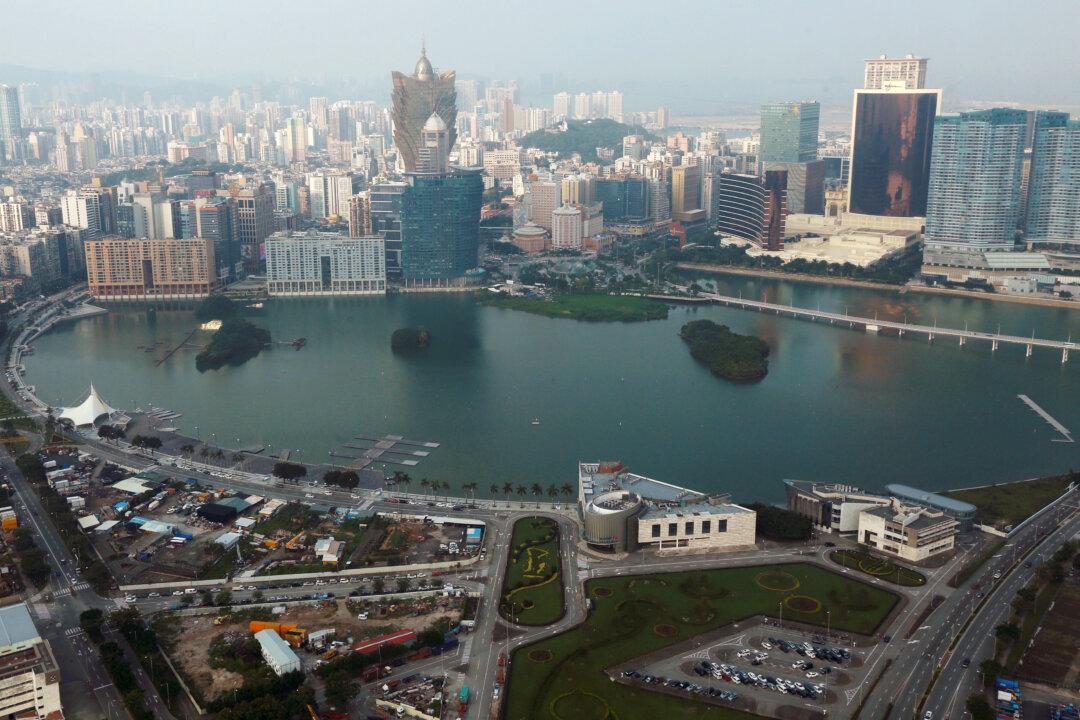MACAU—Nearly 20 years have passed since Portugal handed Macau over to China, and although colonial culture still infuses parts of daily life, the influence of the territory’s Portuguese elite is declining rapidly as the special administrative region becomes increasingly closer to mainland China.
Authorities say they want the world’s largest gambling hub to diversify into a trade and business center for Portuguese-speaking countries including Brazil, Portugal and Angola, but there is a gaping disconnect, Portuguese residents say.





